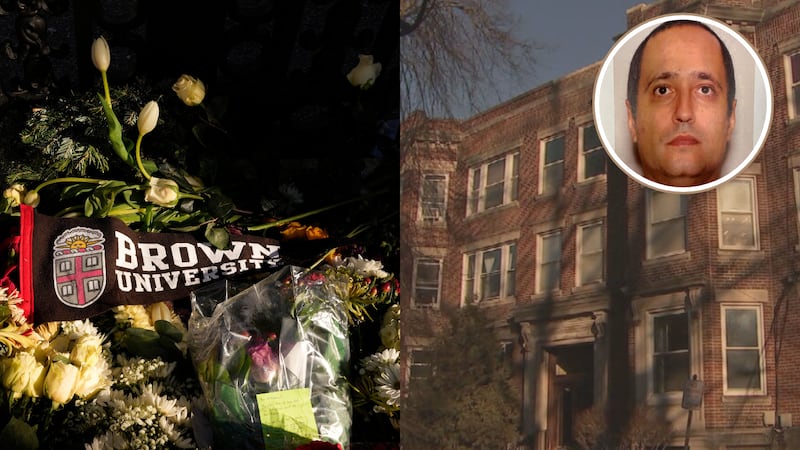BOSTON — Is some protection against Covid-19 better than no protection at all?
Evidently, they think so in the United Kingdom, where a surge of infections pushed the government to delay second doses of vaccine for up to 12 weeks so that more first doses can be given now.
But could that give the virus an opening to develop resistance to the vaccines?
“I think that’s a theoretical argument that seems plausible,” said Daniel Kuritzkes, MD, chief of the Division of Infectious Diseases at Boston’s Brigham and Women’s Hospital. “It may depend a bit on the vaccine.”
Kuritzkes said because the Pfizer vaccine uses a lower dose for shot one, initial antibody titers are low. “You really need that second dose to get high titers,” he said. “Whether those low titers are enough to select for resistance is hard to say and we’d only know that by studying over time.”
“To have one completely resistant to all the immune responses that we could make to that protein is a long-term worry, I think... not a short-term worry,” said Barry Bloom, MD, of the Harvard School of Public Health.
Bloom said when it comes to evading the vaccine, the virus is in somewhat of a Catch-22 at the moment, because the structure it uses to enter cells -- the spike protein -- is the structure it would have to extensively mutate in order to evade vaccines.
“If the virus mutates that binding site to escape antibodies, the chances are high that most of (the Covid variants) will no longer be able to bind to the host and get in,” Bloom said.
Plus, the human immune system is not a one-trick pony.
“The beauty of the diversity of the human immune response is we don’t just make one antibody to one part of one protein,” Bloom said. “We make a whole mess of antibodies to different parts of that protein. And if one part mutates, it is likely in most people we will have other antibodies that react in other parts.”
Beyond the question of whether Covid could become resistant to the vaccine, Bloom said that with two-dose vaccinations, the booster serves a couple of important purposes.
“It increases the number of cells being able to make the antibodies and that leads to more antibodies circulating,” Bloom said. “It creates cells that have memory that hang around so that even after they stop making antibodies they’re ready to go if they see the virus again.”
The booster shot also selects cells the second time around that will make better antibodies than the first time. Taken together, all of these things increase the power of the immune response, Bloom said.
“We lose that in vaccines that require a second dose if we don’t give the dose,” he said.
And to get the 95% protection against Covid, both Pfizer and Moderna tested their vaccines using a two-dose regimen, three and four-weeks apart.
“We should scientifically and from a public health perspective do everything in our power to follow those guidelines,” said Mark Siedner, MD, of Massachusetts General Hospital. “One, because that’s how we know they work the best and two, you might engender a little more distrust of the scientific community if we go off label and we start vaccinating people in ways the trials haven’t shown to be effective.”
Siedner said the bigger worry than resistance developing is getting the vaccine out to those who need it.
“The risk of a mutation for someone who gets one dose? My suspicion is it’s going to be lower than this virus replicating at will in the population in people who haven’t been vaccinated at all,” he said. “Scientists, I think, have spent the last 12 months building and producing potentially the world’s most advanced public health advance of all time. The tragedy behind that is that science built this incredible machine but we as a society forgot to put gasoline in it. So we have this remarkable scientific feat, but almost a complete failure of planning and implementation.”
But Siedner is optimistic things will change once the Biden administration takes over.
“We know that two or 300 million doses of this vaccine will be available in the next three to six months, so I don’t think supply will be the issue,” he said. “We just need to do the critical work to get the vaccines to the community and to engender the demand especially from distrustful populations about the efficacy of this vaccine.”
RESOURCES:
- Complete local and national coronavirus coverage here
- Follow us on Facebook and Twitter | Watch Boston 25 NOW





